The FCC takes on illegal jamming
Last week, the FCC fined Marriott $600,000 for jamming guests’ Wi-Fi signals at one of its hotels. The Marriott Gaylord Opryland in Nashville, Tennessee, was operating software designed to protect networks from threats, but instead used it to disrupt and shut down the Wi-Fi hot spot that guests had set up in one of its conference rooms. Marriott charges up to $1,000 for setting up Wi-Fi hot spots of its own, but doesn’t bar people from using other Wi-Fi systems.
Marriott, for its part, says the hotel acted lawfully and that the FCC is vague about what kinds of jamming are allowed. The FCC seems to have been pretty clear for several years now that pretty much no jamming is permissible. Also, if you think you’re being jammed, they have an online tip line.
Here are some of the creative ways people have been using signal jammers to mess with GPS, cellphones and Wi-Fi (and how they got busted for it).
1. If I can’t talk to anyone on the bus, nobody will!

This guy used a jammer to keep people from chatting on the bus.
2. Putting the “mute” in commute

A Florida man didn’t want people talking or texting while driving. So he put a jammer in his car to disrupt the phones of everyone who drove around him as he commuted to work each day. Unfortunately, he was also interfering with 911 signals. And people who were lawfully using a headset.
3. Welcome to the People’s Republic of Workistan
Employers seem to love jamming their employees’ phones. Steel manufacturing companies do it. So do sewing companies.
4. You’re not the boss of me

Employees have used jammers to fight back. This guy’s boss put GPS trackers in his truck to track his whereabouts and lunch breaks, so he got a jammer to disable it. Unfortunately, he also messed with planes landing and taking off at the airport.
5. Jam tomorrow. Jam yesterday. But never jam today.
In the largest fine of the agency’s history, the FCC said it would assess a $34.9 million penalty against a Chinese signal jammer manufacturer for marketing its products in the U.S. over two years. It’s gone after smaller manufacturers as well, after jammers were found being used in a Texas cosmetology school and another disrupted communications in a sheriff’s office in Florida. As Mitchell Lazarus writes for CommLawBlog:
“Ironically, in both Texas and Florida, it is legal to openly carry firearms into a Starbucks, say. But not a phone jammer. So when the cell phone at the next table erupts into The William Tell Overture and its owner bellows, “HELLO? HEY! YEAH, IN A STARBUCKS! IT’S RAINING HERE! SO WHERE’RE YOU?” pulling out the jammer is not an option. It’s the firearm or nothing. This may not be good public policy.”
There’s a lot happening in the world. Through it all, Marketplace is here for you.
You rely on Marketplace to break down the world’s events and tell you how it affects you in a fact-based, approachable way. We rely on your financial support to keep making that possible.
Your donation today powers the independent journalism that you rely on. For just $5/month, you can help sustain Marketplace so we can keep reporting on the things that matter to you.












